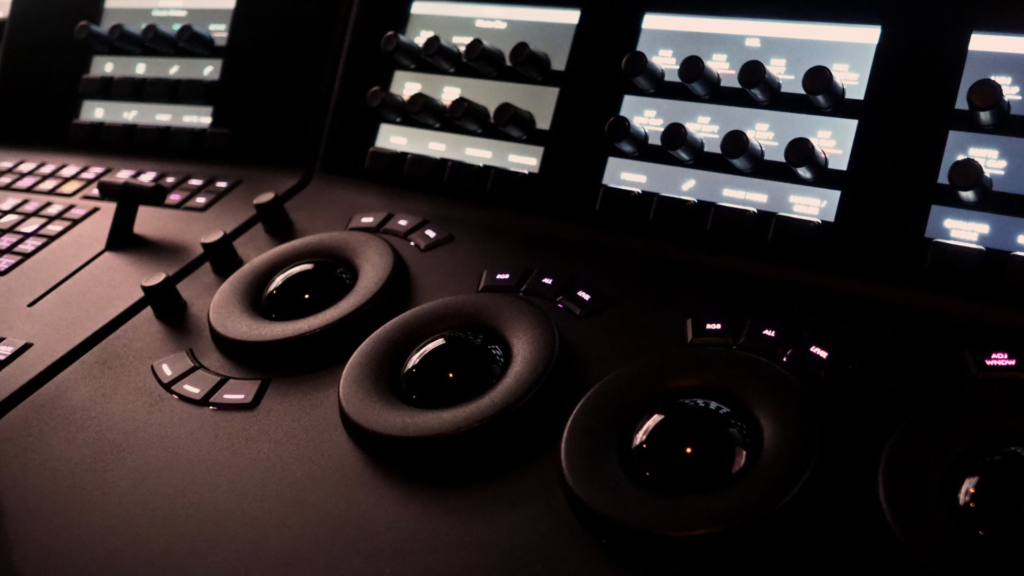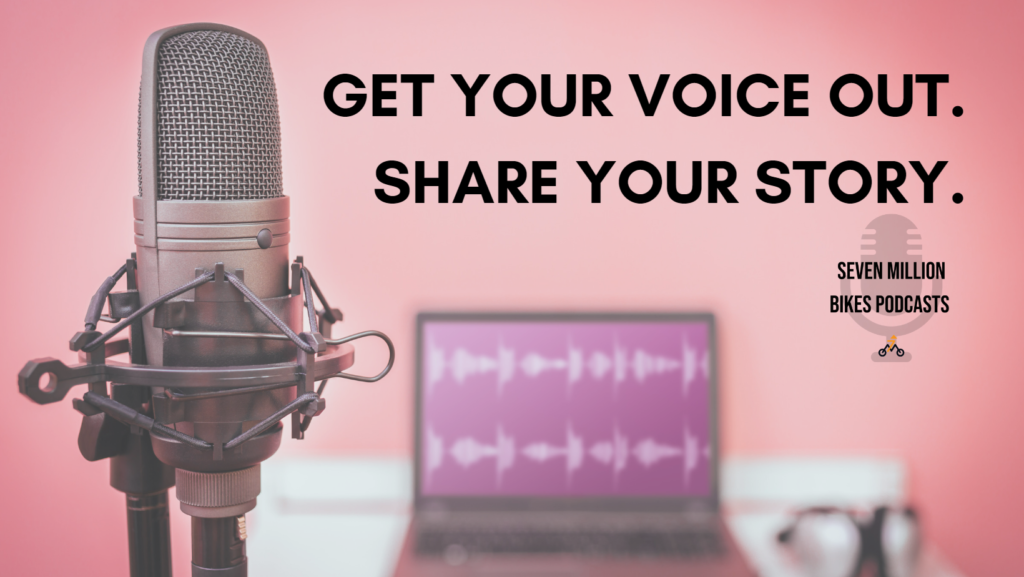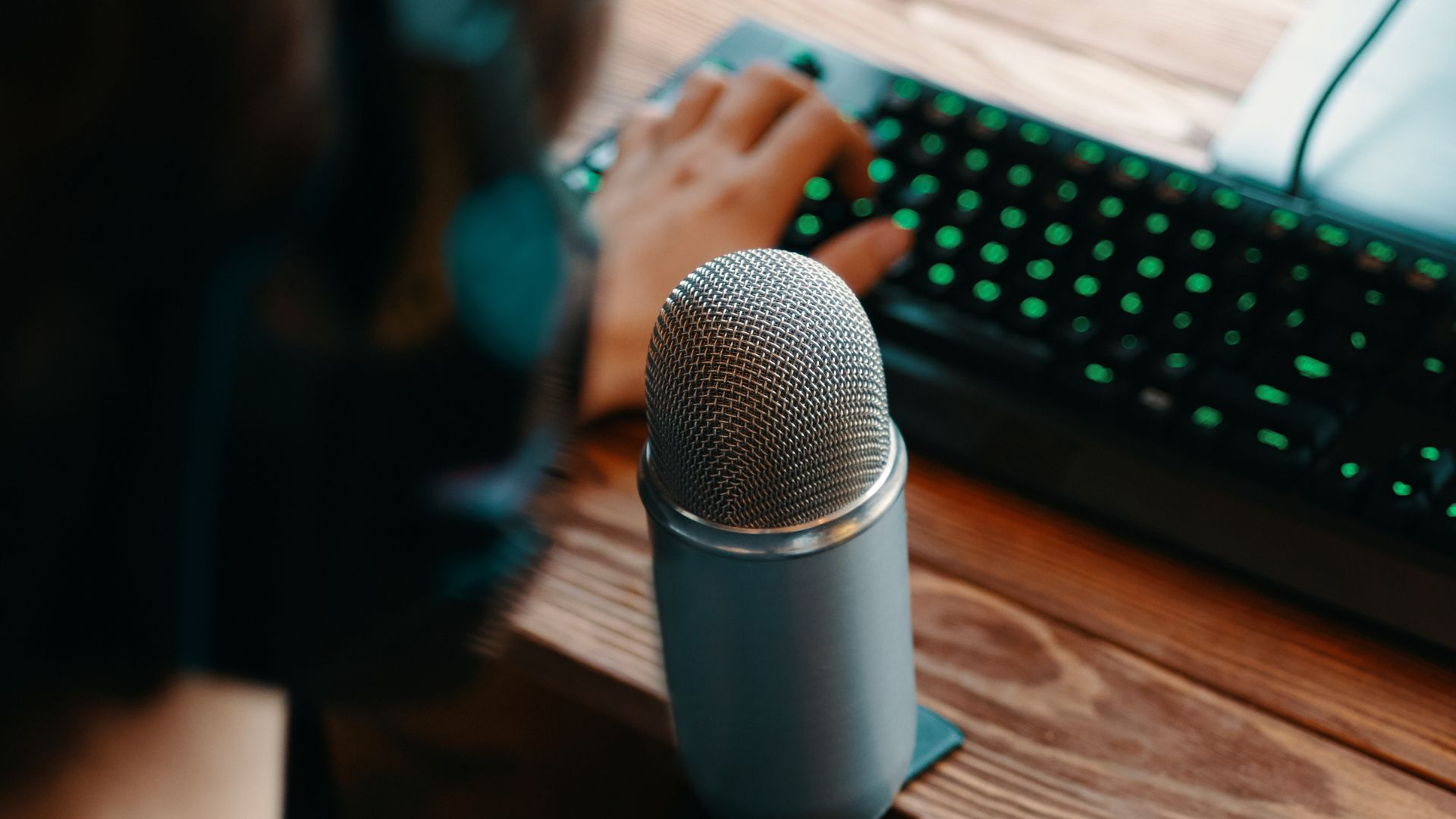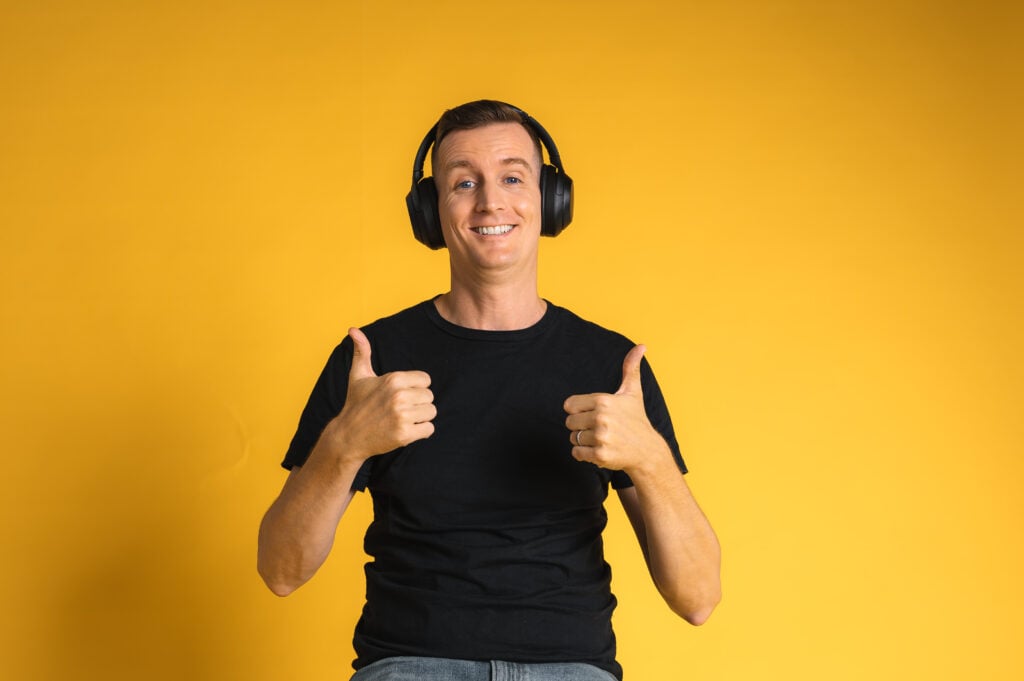A podcast producer oversees the entire process of creating a podcast. This includes managing the production schedule, coordinating with guests and hosts, developing episode topics and ideas, conducting interviews, creating outlines and scripts, and overseeing the editing process. The producer ensures that the podcast runs smoothly and meets the overall vision and goals of the show.
On the other hand, a podcast editor is responsible for the technical aspects of creating a podcast episode. This includes editing the raw audio recordings, removing mistakes, adjusting the sound levels, adding music and sound effects, and exporting the final product. The editor ensures that the podcast is polished and sounds professional.
To be successful in podcasting, get a better understanding of being a great podcast editor.
Podcasting has become increasingly popular over the past few years, and as a result, podcast producers have become an attractive career for many. If you’re interested in becoming a professional podcast producer yourself, there are a few steps you can take to get started.
In this post, I’ll share with you 5 specific strategies that will show you how to become a podcast producer and why each of these is so important.
Each of these strategies has been crucial to me building a career as a podcast producer.
Niall Mackay, The Podcast Guy
Table of Contents
1. How To Become A Podcast Producer – Learn the basics

Before you start podcast production, you need to have a good understanding of what podcasting is and how it works.
This includes understanding the equipment and audio editing software most often used to produce podcasts, record, and edit, as well as the basics of audio production before you record your first podcast.
There are many resources available online to help you learn the basics.
You can find tutorials, courses, and webinars that will teach you everything you need to know to get started in the podcasting world. And of course the Seven Million Bikes Podcasts Blog!
To produce a great audio podcast, you will need to follow these basic steps:

- Stay on topic and format: Once the theme and type of podcast have been chosen make sure the episode stays on topic. Whether it is interview style, narrative storytelling, or panel discussion – a good podcast producer will make sure the style stays consistent in every episode.
- Know your equipment: A podcast producer will need headphones, a laptop or computer, and a DAW (one of the various digital audio workstations like Adobe Audition, Logic Pro, or Descript). You may also need additional equipment such as a mixer, soundproofing material, and a pop filter. Here are tips to design your own studio!
- Recording Space: Whether you are in a studio or at home, set up your recording equipment in a quiet space before you start recording your audio. Make sure to test your equipment so it is running smoothly and adjust your settings to ensure that your audio is clear and high-quality before every new episode.
4. Edit the audio: If you don’t have a podcast editor then once you have recorded the audio, use your digital audio workstation to edit it. This includes removing any mistakes, adding background music or effects, and adjusting the volume levels. I recommend Descript for this.
Remember, producing a podcast takes time, effort, and patience. With dedication and perseverance to the production process, you can create a podcast that will entertain, educate, and engage your listeners.
And get you a job in the podcasting world!

2. How To Become A Podcast Producer – Get some experience
It’s important to get some hands-on experience once you have a basic understanding of the technical aspects of the production schedule.

This includes;
- podcast metrics
- talking to podcast sponsors
- researching potential guests
- scheduling guests
- writing show notes
- content direction
- guest research
- pre-interview questions
- using tools like Asana and Google Drive
- Working in live environments with hosts and guests
You can start by producing your own show or volunteering to help with a podcast for someone else. This will allow you to practice your skills and learn from other team members who have more experience. It will also help you build a portfolio of work showing the different elements and different aspects of the podcast producer job you have learned. You can use this portfolio to showcase your skills to potential clients or employers.
Here are some steps you can take to gain experience as a podcast producer:
- Listen: Before you start as a podcast producer, it’s important to listen to a variety of podcasts to understand the format, structure, and style. This will help you develop your own style and ideas.
- Practice: Start practicing by recording and editing audio. You can use free software such as Descript, Audacity or GarageBand to get started. Experiment with different techniques and effects to see what works best for you.

3. Join a podcast production team: Joining a podcast production team can give you hands-on experience in all aspects of podcast production with other team members.
4. Create your own: Once you’ve gained some experience, start your own podcast. You can start with a small project, such as a solo podcast or a podcast with a few friends. This will allow you to experiment with different formats, styles, and topics. Remember, practice makes perfect. Keep refining your own audio editing skills, capturing audio yourself, and experimenting with new ideas.
3. How To Become A Podcast Producer – Build a network

Networking is important in any field, and podcasting is no exception. You should attend events where you can meet a podcast team, join online forums and podcasting groups, and connect with other podcasters and producers.
Building a network will help you stay up-to-date on the latest trends, learn about job opportunities, and connect with potential clients or collaborators. Networking is crucial if you want to succeed and build a career.
Here are some tips on how to network effectively:
- Attend Podcast Conferences and Meetups: Podcast conferences and meetups are great places to meet other podcasters, professionals, and potential collaborators or creative teams. You can learn a lot from attending panels and workshops, and you can also make valuable connections during networking events.
- Join Podcasting Communities: There are many online communities for podcasters where you can connect with other podcasters, share your work, and get feedback. You can join Facebook groups, Reddit communities, or specialized platforms like Podcaster’s Hangout.
- Collaborate with Other Podcasters: Collaborating with other podcasters is a great way to cross-promote your work and reach a new audience. You can guest on each other’s shows, collaborate on a new project, or join forces to create a network or community.
- Reach Out to Professionals: Reach out to professionals like producers, editors, and marketers. You can find professionals on LinkedIn, Twitter, or podcast directories.
- Use Social Media: Social media is a great way to connect with other podcast producers. Use hashtags and participate in Twitter chats to increase your visibility and connect with other producers. You can also use LinkedIn to find and connect with other professionals.
Remember, networking takes time and effort, so be patient and consistent in your efforts. Keep building relationships, attending events, and creating valuable content, and you’ll start to see results.
4. How To Become A Podcast Producer – Develop your skills

As you gain more experience, it’s important to continue developing your skills. This can include learning new audio editing software, mastering new recording techniques, audio production, or studying the art of storytelling. There are many resources available to help you continue developing your project management skills, including online courses, workshops, and project manager mentorship programs.
Developing skills as a podcast producer takes time and practice, but there are several steps you can take to improve your content-producing abilities:
- Listen to the production quality of other shows: Listen to a variety of shows and pay attention to their production quality. What do they do well and what can they do better? Pay attention to the production quality, the way the hosts or guests engage with the audience, and how the show is structured.
- Learn about new audio equipment: Having a good understanding of new microphones, audio interfaces, and recording software can help you produce a high-quality show. Research different brands and types of equipment, and experiment with different setups to find what works best for you.
- Practice editing: Editing is a critical part of podcast production, and it takes time to master. Practice on different types of audio, including interviews, monologues, and music segments.Whether you are doing it yourself or hiring someone else to do it, knowing how is essential.
- Develop storytelling skills: Storytelling is an essential part of many shows. Work on developing your skills in crafting compelling narratives, engaging your audience, and creating a sense of flow and pacing.
- Collaborate with others: Working with other podcast producers can provide valuable feedback and insights. Seek out opportunities to collaborate on projects, attend podcast events, and join podcasting communities to connect with other producers and learn from their experiences.
- Stay up-to-date with trends: Podcasting is constantly evolving, so it’s important to stay informed about new technologies, distribution platforms, and marketing strategies. Attend events, read publications and newsletters, and stay connected with other producers to keep your skills and knowledge up-to-date.
Remember, the key to developing your skills as a podcast producer of your own show or another is to practice consistently and seek out opportunities to learn and grow.
5. How To Become A Podcast Producer – Finding work

Once you have developed your communication skills, and audio editing, and built a network, it’s time to start looking for work. You can find job opportunities on job boards, social media, or through your network. You can also consider starting your own podcast, production management company, or freelancing as a podcast producer on the post-production side.
Finding work as a podcast producer can be challenging, but there are several steps you can take to increase your chances of finding opportunities:
- Keep developing your skills: To be a successful podcast producer, you need to have a strong understanding of audio production, storytelling, and editing. Continue to develop these skills through formal education, online courses, or by working on your own or other audio projects.
- Build a strong portfolio: Create a portfolio of your work, including samples of podcasts you have produced, edited, or contributed to. This portfolio will help showcase your skills and experience to potential employers or clients.
- Network, network, and network: Don’t ever stop networking! This is often cited as the greatest ever thing you can do for your career, no matter the field.
- Apply for jobs: Look for job postings on podcast networks, media companies, and job boards. You can also reach out directly to podcast producers or production companies to inquire about job opportunities.
- Freelance: Consider offering your services as a freelance podcast producer. You can find freelance work through online platforms, social media, or by networking with other podcasters.
Where can I find podcast producer jobs?
There are several ways to find podcast producer jobs:
- Podcast job websites: PodJobs.net, Air (Association of Independents in Radio) Media and Entertainment Careers.
- Job search websites: Indeed, Glassdoor, LinkedIn, and Monster.
- Podcast networks and production companies: Gimlet Media, Wondery, and NPR.
- Freelancing platforms: Upwork, Freelancer, and Fiverr.
- Networking: Attend podcast industry events or join podcast-related groups on LinkedIn or Facebook.
- Directly contacting podcast hosts: Some podcast hosts may be looking for a producer to help them.
Remember to tailor your resume and cover letter to the specific job you are applying for and highlight any relevant experience or skills you have in production.
Remember that finding work as a podcast producer may take time and persistence, but by building your skills, portfolio content marketing, and network, you can increase your chances of success. Before long you will be moving in the right direction to being an experienced podcast producer.
Get Help!
The biggest shock when starting a podcast is the amount of time and work that goes into it. Especially the editing and production. With the increasing amount of podcast content, you must create a well-produced show.
So my final tip for you is to get some help when you need it. Especially if your podcast isn’t your main business, it can be hard to keep going!
Hiring a producer, like Seven Million Bikes Podcasts, is a great way to get help for your show. And allow you to focus on being creative!
We work with many clients around the world to help them share their voices and story with the world. If you have any questions at all then just get in touch!
Conclusion
To sum up, becoming a podcast producer requires a combination of skills, experience, and networking. By learning the basics of podcasting, gaining hands-on experience with podcast jobs, building a network, developing your skills, and finding work, you can build a successful career in this exciting and growing field.
The quickest and easiest way to start building your skills is to enroll in my online course and then start your podcast to build your portfolio.
I can’t believe how good the audio is sounding after one day and how easy the editing/publishing/collaboration is when using this course and the recommended tools. Now I just need content. But, as Niall says, the sound quality is more important than the content anyways.
Beer As Art, Podcast Host, Alex Violette
Time is your greatest asset so use it wisely. ‘How to get your voice out & share your story’ is a comprehensive guide taking you to step by step from a podcast beginner to an expert in one week.



